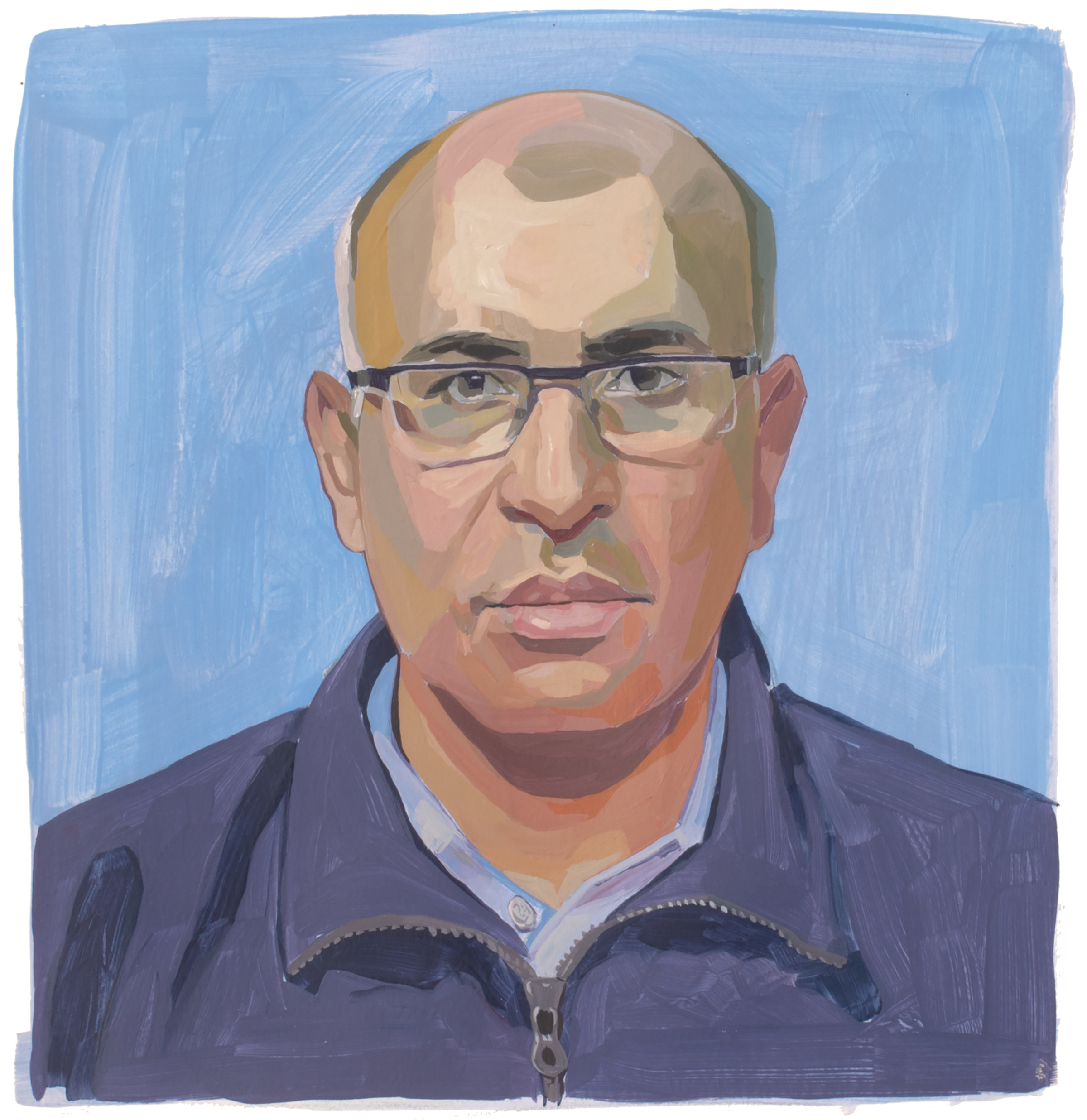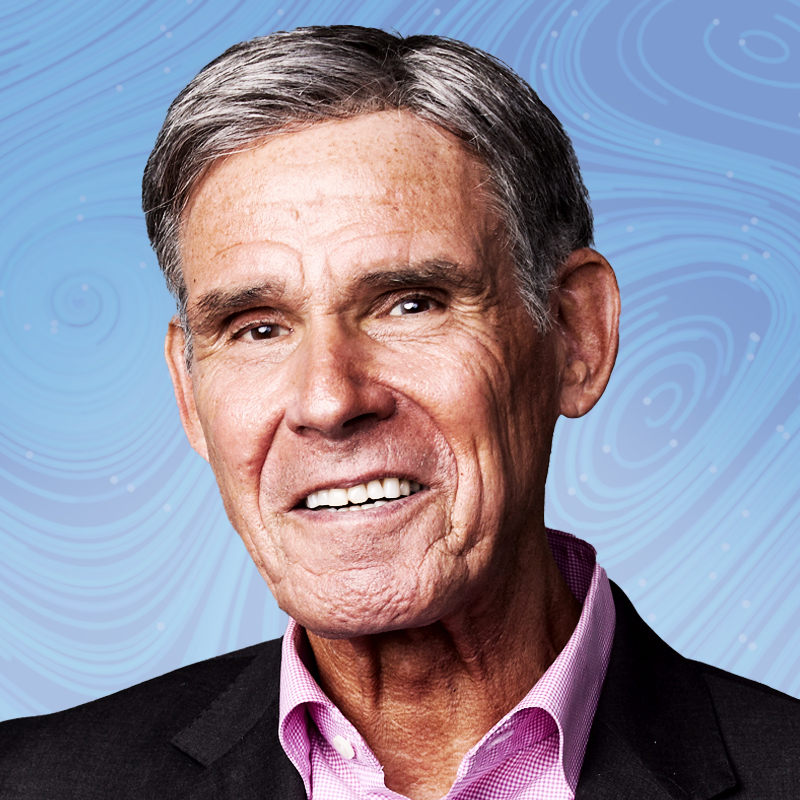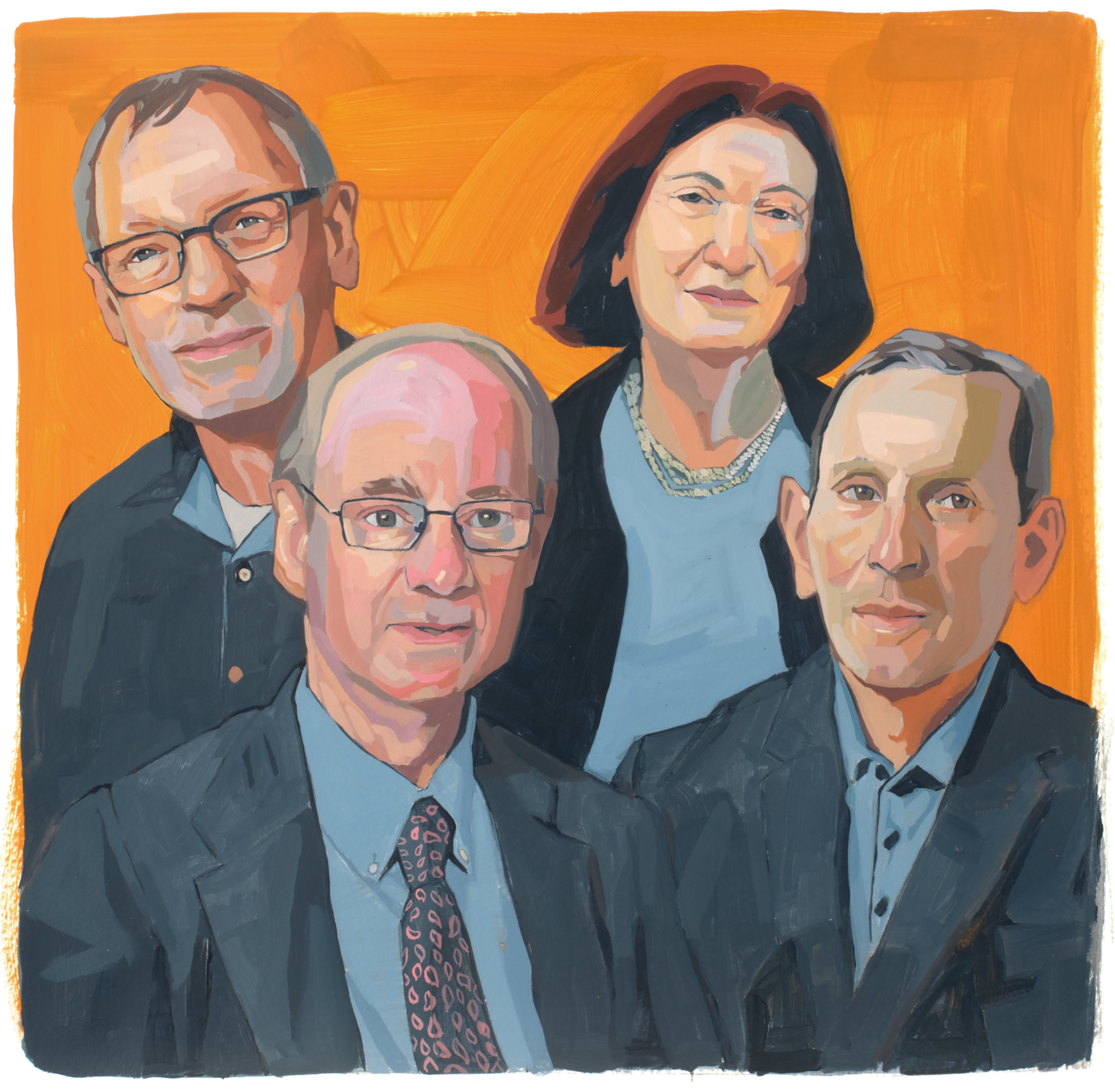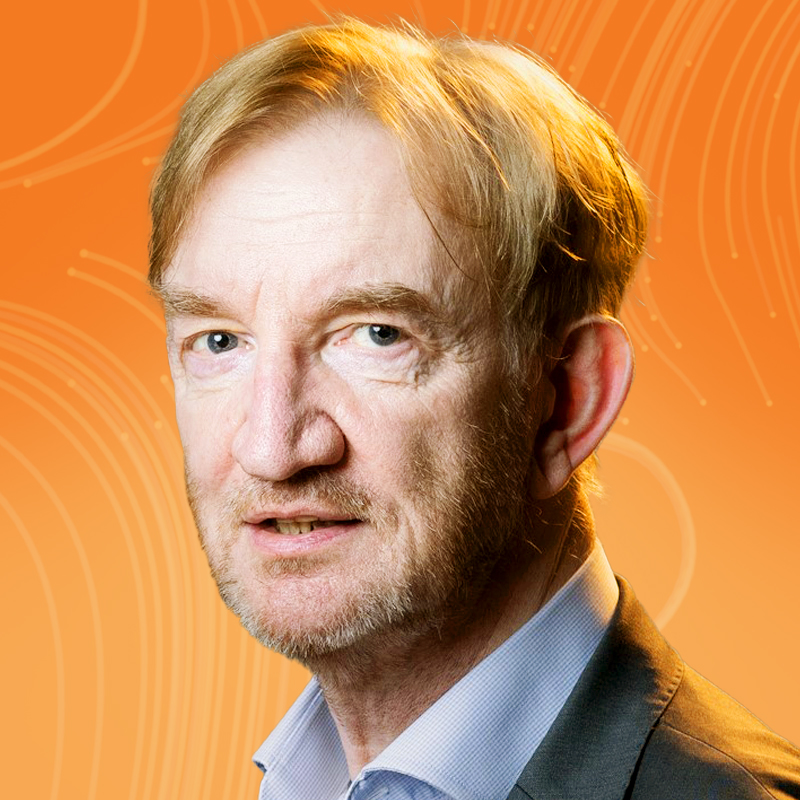Anytime an important new study on Long COVID comes out, there’s a good chance Dr. Ziyad Al-Aly, a clinical epidemiologist at the Washington University School of Medicine in St. Louis, is behind it. Since 2020, Al-Aly has published about 20 studies—a prolific number in the slow-moving research world—that have helped shape the world’s newfound understanding of the long-term effects of COVID-19, which can range from debilitating fatigue and brain fog to increased risks of chronic conditions.
Al-Aly is the first to admit that, prior to 2020, he knew almost nothing about postinfectious illness; back then, much of his research focused on the health effects of air pollution. He paused that work when the pandemic hit, turning his attention to Long COVID after reading an April 2020 New York Times op-ed by patient advocate Fiona Lowenstein. Since then, he has published research detailing the numerous organ systems affected by Long COVID, the risks posed by multiple COVID-19 infections, and how Long COVID compares with chronic symptoms of viruses like the flu. Next, he says, he’ll focus his efforts on potential Long COVID treatments and determining whether SARS-CoV-2 is unique in its ability to cause chronic damage.
All of these efforts are guided by Long COVID patients, Al-Aly says. “I feel connected at a visceral level,” he says. “People are asking us [to do this work] and I feel a sense of responsibility.” So will he ever go back to researching air pollution? “I identify as a Long COVID researcher now,” Al-Aly says.
More Must-Reads from TIME
- Cybersecurity Experts Are Sounding the Alarm on DOGE
- Meet the 2025 Women of the Year
- The Harsh Truth About Disability Inclusion
- Why Do More Young Adults Have Cancer?
- Colman Domingo Leads With Radical Love
- How to Get Better at Doing Things Alone
- Michelle Zauner Stares Down the Darkness
Write to Jamie Ducharme at jamie.ducharme@time.com





